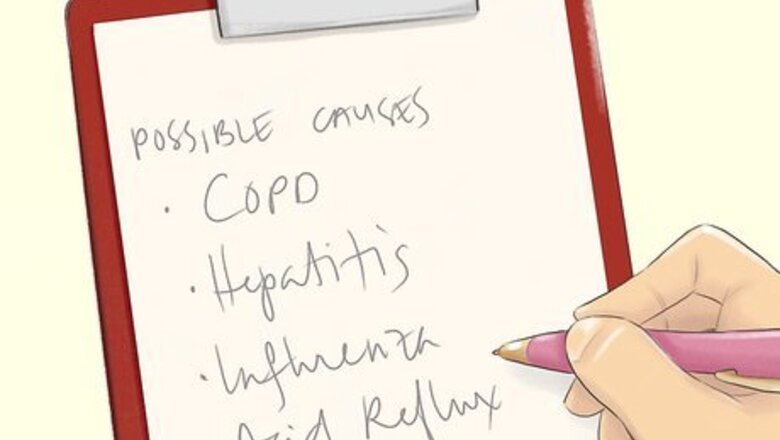
views
What causes lack of appetite?
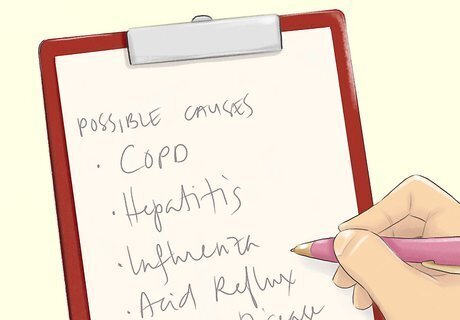
There are a variety of medical conditions that can cause a lack of appetite. A decreased appetite can be a sign of basically any illness, since we tend to shy away from food when we’re not feeling well. This is why it’s so important to visit your doctor if you experience a sudden or unusual lack of appetite. Serious illnesses that cause a lack of appetite include cancer, liver disease, kidney disease, heart disease, COPD, hepatitis, HIV, and certain thyroid conditions. Other conditions that trigger a loss of appetite include influenza, the common cold, urinary infections, chest infections, acid reflux, and diabetes. You may also experience a decreased appetite if you’re pregnant, constipated, or nauseous. Certain medications can cause a lack of a desire to eat. The main culprits are antidepressants, ADHD medications, painkillers, and chemotherapy.
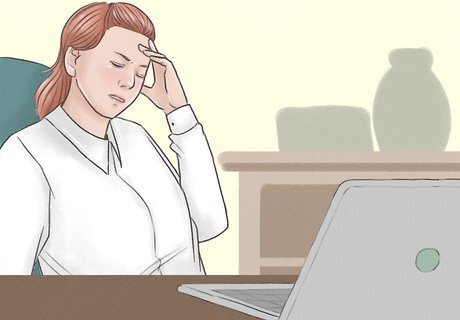
Stress, anxiety, and depression are common causes for disinterest in food. Several emotional/mental conditions can also trigger a loss of appetite. If you’re especially stressed out, you’ve been combatting anxiety, or you feel depressed, you’re likely not going to be hungry. If you suspect you’re dealing with depression or anxiety, talk to your doctor or reach out to a mental health professional for help. There are a lot of really helpful treatments out there. If you’re struggling with your body image or you’ve been extremely self-conscious about how much you eat, you may want to talk to a mental health professional about a potential eating disorder.
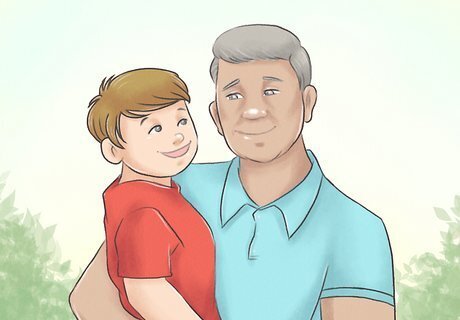
It’s common for children and elderly people to have a lack of appetite. Children are naturally fussy about what foods they’ll eat, so they often appear to have a decreased appetite. This is pretty normal, and it’s not anything to worry about if they aren’t losing weight or refusing to eat all day. People also tend to lose a bit of their appetite as they get older as well, although it’s not entirely clear why this is the case. So long as someone is eating a healthy, balanced diet and they’re getting enough calories to maintain their energy levels, they’re eating enough food.
Is a lack of appetite worth seeing a doctor for?
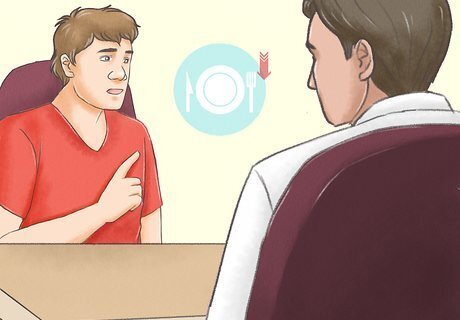
Yes, if your appetite dropped off out of nowhere, get it checked out. A sudden decrease in appetite can be a symptom of a variety of different conditions—some serious, some less so. Regardless of the source of your lack of appetite, you should see a doctor to get this checked out just to be safe. If your decreased appetite developed at the same time you started a new medication, talk to your doctor about it.
What lifestyle changes I can make to stimulate my appetite?
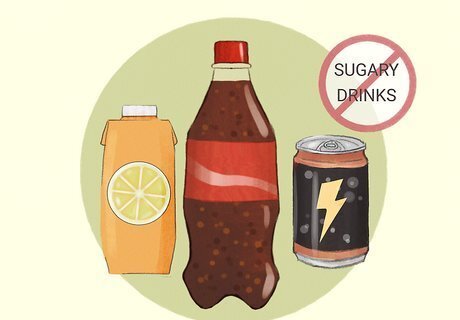
Cut the sugary drinks from your diet. Sucrose, the type of sugar found in soda, tricks you into feeling full. Besides the fact that soda is really bad for you, it messes with the hormones that regulate your appetite. If you want to maintain a healthy appetite, avoid soda, sweetened juice, and energy drinks. The other forms of sugar, glucose and fructose, won’t have nearly the same impact on your hormones.
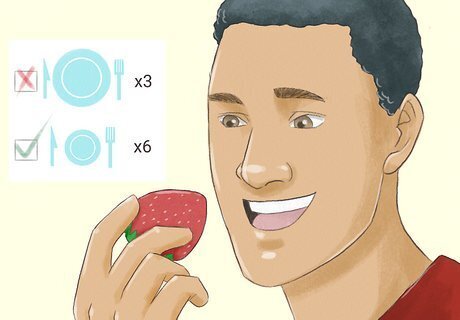
Eat 4-6 smaller meals to stay hungrier throughout the day. If you eat 3 full meals a day, you’re likely to feel stuffed in between meals. If you stick to smaller meals and eat more frequently, you’re unlikely to end up feeling put off by the idea of sitting down for food. This is also a great way to keep your metabolism stable, which can make it easier to maintain a steady appetite. Ghrelin, the hormone that regulates hunger, runs on a 4-hour cycle. If you eat a little bit every four hours, your appetite should remain fairly stable. Never skip breakfast. Even if you only have a snack, breakfast will get your metabolism going, which will make you hungrier earlier in the day.
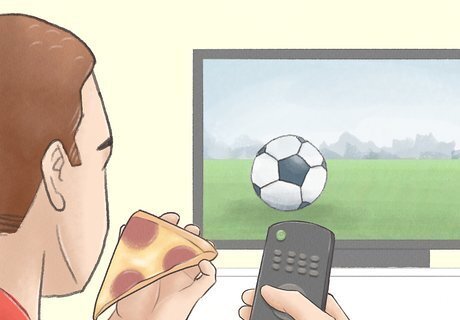
Distract yourself while eating to trick yourself into eating more. It’s easy to skip a meal if you’re just sitting down quietly somewhere and eating. If you do something interesting while you eat, you’re more likely to eat to the point where you’re full without thinking about it. You could watch some TV, chat with some friends, or browse social media to keep your mind preoccupied while you’re finishing your food. This may not necessarily increase your appetite, but it will trick you into eating more food if that’s your underlying goal here!
What vitamins can I take to increase my appetite?
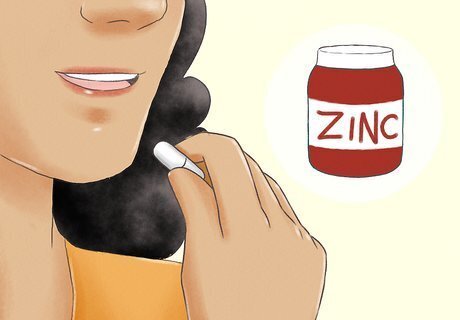
Talk to your doctor about trying zinc, thiamine, or fish oil. These supplements may help to boost your appetite, but it’s worth talking to your doctor about them first. If you have a zinc deficiency, zinc may boost your desire to eat more often. Thiamine (a type of vitamin B) is a good option as well if you don’t get enough vitamin B in your diet. Fish oil may have a positive impact on your appetite if you’re healthy. If you do want to try a supplement without talking to your doctor and you’re healthy, it’s probably fine to try taking a daily fish oil supplement. Any negative side effects, such as bad breath or loose stools, are going to be very minor.
Which supplements will help increase appetite?
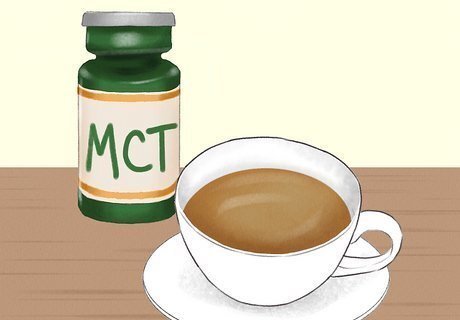
Try adding a drop of 100% pure organic MCT oil to your coffee. If you drink tea or water in the morning instead, add it to that. MCT oil (short for medium-chain triglycerides) is just the fatty part of coconut oil. A little bit of MCT oil is scientifically proven to increase ghrelin levels, and it may boost your metabolism as well. This can make you hungrier throughout your day. Don’t consume more than 4–7 tablespoons (59–104 mL) of MCT oil a day. You really don’t need a lot of this stuff to stimulate your appetite anyway, so only stick to a few drops. In larger doses, MCT oil can cause an upset stomach, vomiting, or diarrhea. Your stomach should tolerate a few drops perfectly fine, though. Unless you’re allergic to coconuts or you have liver disease, MCT oil should be perfectly safe to consume. Talk to your doctor if you’re nervous about adding a supplement to your diet. This one shouldn’t be a big deal, though.
What are appetite stimulants?
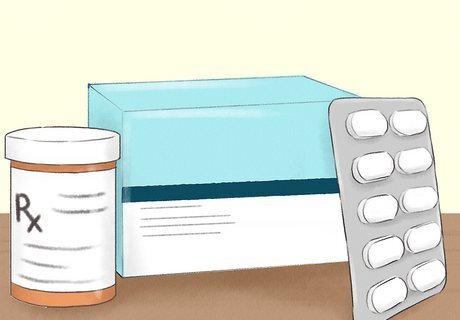
Appetite stimulants refer to drugs or hormones that boost appetite. There are a handful of medications, like mirtazapine and megestrol acetate, that doctors will prescribe to patients struggling with a decrease in appetite. Unfortunately, most of these medications are not very effective, and some of them carry potentially serious side effects. Potential side effects, such as mood changes or thrombotic events like blood clots. Do not take appetite stimulants without consulting a doctor and do your best to work with your primary care doctor to solve this without medication, if possible. Dronabinol is likely the best option for many people since the side effects don’t tend to be very serious. Unfortunately, it’s a cannabis-based medication and it’s not legal or available everywhere.
How much do I need to eat every day?
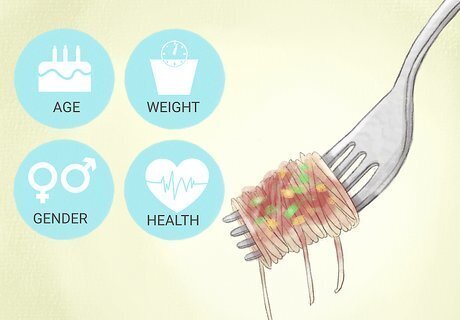
It depends on your age, gender, weight, and health. The right amount of food for one person is not going to be the right amount of food for another since everyone has a different metabolism. Your physical activity level plays a big role in this, too. If you work out heavily every day, you’re going to need more energy than someone who spends the day sitting and sleeping. If you maintain a healthy, stable weight and you have enough energy to get through the day, you’re eating enough food.
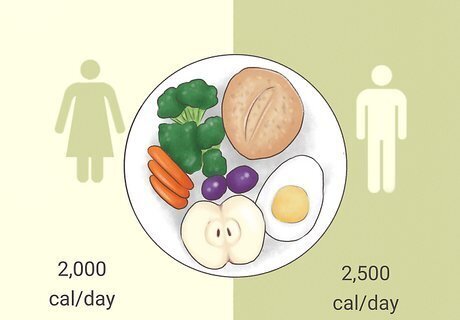
As a rule of thumb, men need 2,500 calories, while women need 2,000. If you want to ensure that you’re getting enough daily calories, assume that you need 2,500 calories as a healthy adult man. As a healthy adult woman, shoot for 2,000 calories. Aim to get your calories from a healthy mix of vegetables, lean proteins, whole grains, and fruit. If you’re eating a balanced diet and you’re consuming at least 3 meals a day but you still think you aren’t eating enough food, talk to your doctor about it.
















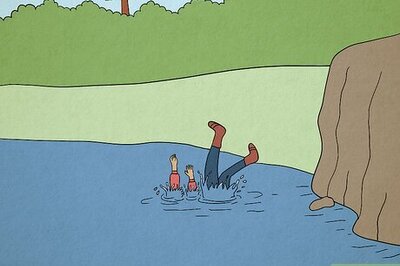


Comments
0 comment